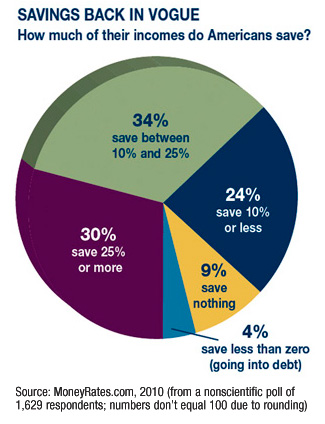 A disabling illness or injury can occur without notice, and statistics show that nearly one in five people will be sidelined for at least a year during their careers.1 States often require employers to provide short-term disability coverage, but many don’t extend coverage beyond a few weeks or months. In fact, less than half of U.S. companies paid for long-term disability insurance coverage in 2009.2
A disabling illness or injury can occur without notice, and statistics show that nearly one in five people will be sidelined for at least a year during their careers.1 States often require employers to provide short-term disability coverage, but many don’t extend coverage beyond a few weeks or months. In fact, less than half of U.S. companies paid for long-term disability insurance coverage in 2009.2
Even when businesses include disability income insurance in their benefits packages in Charleston SC, Charlotte NC, Miami FL and Atlanta GA, typical limitations can make group policies inadequate. A well-paid professional in the midst of a productive career generally has much to lose if he or she experiences a disability and is unable to work.
Disability benefits paid from an employer’s group plan, workers’ compensation, or Social Security probably won’t come close to replacing a six-figure income. Individuals with higher incomes may want to expand their disability coverage to help ensure that their incomes, assets, and lifestyles are not left vulnerable.
Potential Problems with Group Coverage
Workers may want to purchase an individual disability income policy if they are self-employed or their employers do not offer coverage — or if they would like to supplement an insufficient group plan. Companies that pay for long-term coverage tend to provide policies that replace only 50% to 60% of income.

There are other reasons why it might not be wise to rely on group benefits alone. If the employer contributes to the premium, the benefits are taxable to the beneficiary, and bonuses are typically not considered when the worker’s base earnings are calculated.
Options for Broader Protection
Unlike the case with group policies, benefits from an individual policy are generally tax-free as long as the policy holder pays the premiums. Other features that may apply only to individual policies could make them especially beneficial to professionals with special skills and to those who work in high-paying fields.
Group plans may end payments when the disabled worker’s condition improves enough for him or her to work at any job, even if the salary is significantly less than what was earned before the disability. With an individual disability policy, you might prefer one that pays benefits if you cannot perform your “own occupation.” Residual coverage may help you as lost income if you can only work part-time or at a lower-paying job after you return to work.
Other riders may allow you to add coverage without additional under-writing as your income increases, or to convert your policy to a long-term-care policy after you reach a certain age.
Unfortunately, entire families must often suffer the consequences of a breadwinner’s disability. Owning an individual disability income insurance policy built to suit your personal situation may help you avoid life-altering coverage gaps.
1–2) Money, June 2011
The information in this article is not intended as tax or legal advice, and it may not be relied on for the purpose of avoiding any federal tax penalties. You are encouraged to seek tax or legal advice from an independent professional advisor. The content is derived from sources believed to be accurate. Neither the information presented nor any opinion expressed constitutes a solicitation for the purchase or sale of any security. This material was written and prepared by Emerald. © 2012 Emerald.
Click here for more Newsletters. Thank you.









